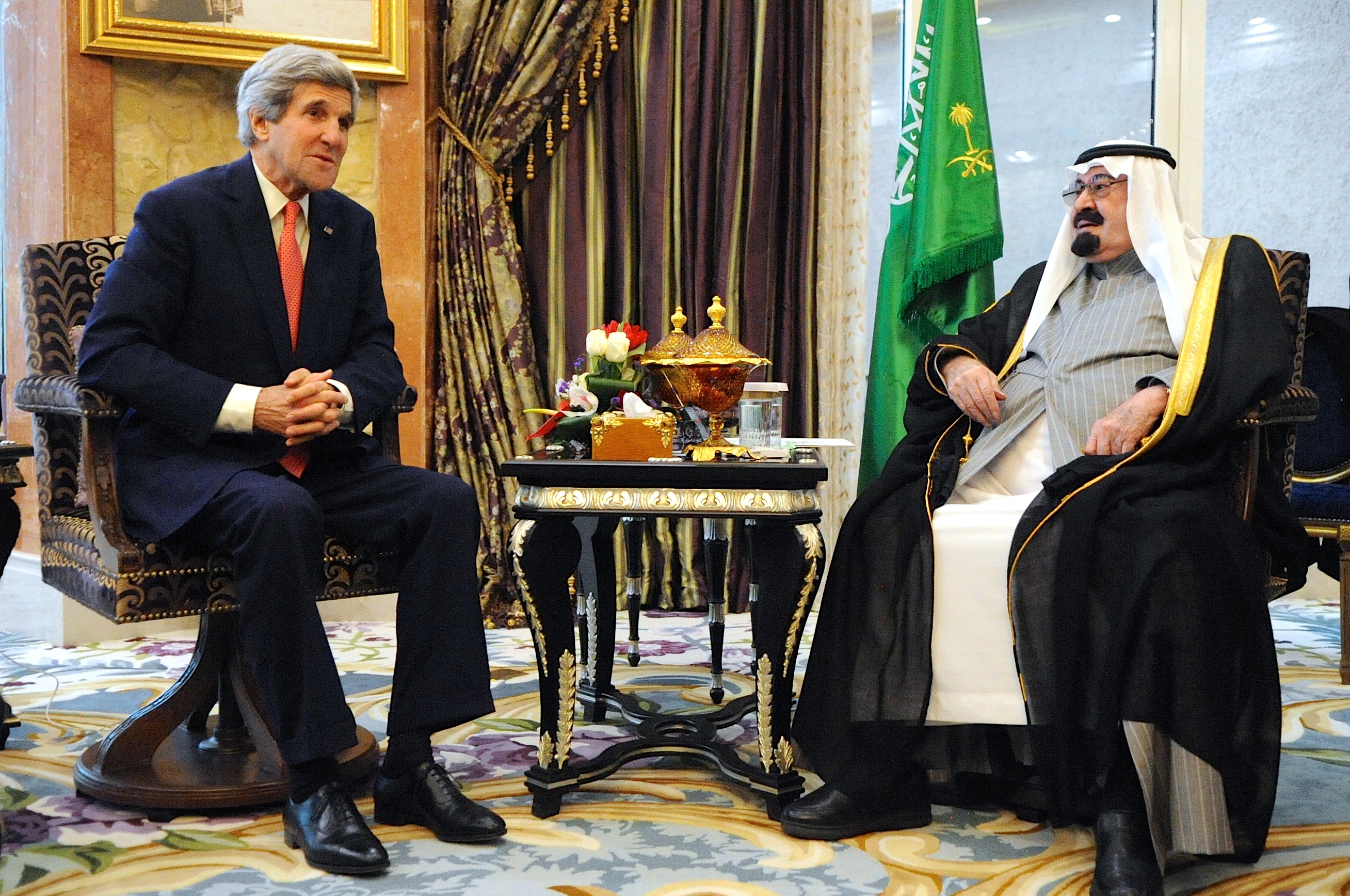According to a recent survey, most French citizens are anti-immigration. This tone is backed by President Emmanuel Macron, who, in 2018, began pushing controversial immigration legislation. Since then, his administration has tightened asylum rules, made it harder for immigrants to access health care, and cracked down on Islamic practices.
Macron has since reversed his stance and announced that, amidst the COVID-19 pandemic, frontline immigrant workers will receive fast-tracked citizenship status. This program, which was initiated in September in preparation for a second wave of cases, requires regional offices to accelerate the naturalization process for foreign workers who “have proved their commitment to the country” during the pandemic. Health-care workers, cleaning professionals, childcare workers, store clerks, and others are eligible.
As of December 23, nearly three thousand people had applied for French citizenship, with more than seventy applicants gaining citizenship and about seven hundred in the final review stages. The office of Marlene Schiappa, the junior minister for citizenship, explained that “They all proved their commitment to the nation, and it is now the turn of the republic to take a step towards them.”
France is not the only country struggling with COVID-19, nor is it the only one to have a population of immigrant workers on the frontline. However, the French government is the only one awarding citizenship to their frontline immigrant workers. As the pandemic continues, the efforts of essential workers need to be recognized. Other countries should follow France’s lead and offer fast-tracked citizenship for their frontline immigrant workers.
Normally, a successful applicant for French citizenship must be a resident for five consecutive years, with a stable income and demonstrated integration in French society. These strict requirements have led to a downward trend in French immigration, which decreased by about 10 percent between 2018 and 2019. With the accelerated program, eligible frontline workers must live in France for only two years.
This is not the first time France has granted citizenship to those who contributed to the country. Didier Leschi, the director of the French Office of Immigration and Integration, said the fast-tracking measure was part of “a long tradition that can be traced back to the French Revolution, which is to grant citizenship to the benefactors of the country.” Leschi added that while the tradition typically applied to individual and exceptional cases, “here, a collective effort was rewarded.”
One such exceptional case is that of Mamoudou Gassama, a twenty-two-year-old from Mali, who, in 2018, climbed five stories of an apartment building, jumping from balcony to balcony, to save a four-year-old boy who was dangling from a railing. Macron granted him citizenship for his brave acts. Similarly, in 2019, three Americans who thwarted a 2015 terror attack on a Paris-bound train were awarded citizenship.
France strayed from tradition by rewarding a large group of people citizenship because of how hard the pandemic has hit the country. The country has seen about four million confirmed cases and ninety thousand deaths. Though testing is widespread and mostly available, authorities have acknowledged that cases are most likely underreported due to data-gathering problems.
France is not the only country struggling with COVID-19. Since China reported its first cases in December 2019, there have been more than 117 million reported cases and 2.6 million deaths worldwide. The US currently ranks first in total cases and deaths, with India, Brazil, the UK, and France joining the top ten.
France is also not the only country to have a significant population of foreign workers on the front line. In the US, nearly 20 percent of essential workers are immigrants, making them a crucial part of the fight against the pandemic. In Europe, an average of 14 percent of essential workers are immigrants, with migrant workers accounting for 18 percent of frontline workers in cities. Unlike immigrants, migrant workers do not seek permanent residency and instead travel temporarily—often seasonally—for work.
In Bahrain, an island nation in the Persian Gulf, immigrants comprise over half of the country’s workforce. Indeed, half of the country’s nurses come from abroad. Though a small country, Bahrain is experiencing a surge in cases and has recently detected a new virus strain. On February 5, the country reported 705 new cases, a threefold increase from the month before. Given its reliance on the immigrant population and the current surge in cases, a fast-tracked citizenship option like France’s would be the least countries can do.
If France is leading the way for better treatment of frontline immigrants, the UK is moving in the opposite direction. Britain is forcing migrant healthcare workers to return to their home countries as visas expire. This comes even as the country faces a shortage of over one hundred thousand workers in the healthcare sector, severely impacting the UK’s response to the second wave. With foreign workers constituting about 15 percent of healthcare staff, this shortage will grow, leaving the country at risk. Other countries, too, could face risks welcoming people back from the UK as a new strain of the virus prevalent there is reportedly more transmissible and deadly. It raises the question of why London is enforcing these visa expirations and whether or not they could extend them or offer citizenship like France.
As a stopgap measure, the Home Office announced last March that doctors, nurses, and paramedics would automatically have their visas extended, free of charge, for one year. But this extension only applies to about three thousand workers, excluding the large majority of migrant frontline workers.
In response to concerns over the deportations, Parliament introduced a bill that calls for migrant health-care workers to be granted indefinite leave to remain. Also known as settlement or permanent residency, “indefinite leave to remain” refers to an immigration status in which there is no time limit on a person’s stay. People who fall under this category are free to study, work, live, and access health care. Unlike citizenship, a person can lose their status if they live outside the country for two consecutive years.
The bill is currently stuck in the House of Commons—the first stage—awaiting its second reading, as parliamentary deliberations have been postponed several months due to the pandemic. Many are calling on Parliament to debate the bill remotely, but since it is a private members’ bill, this is unlikely to occur. Private members’ bills are introduced by Lords and Members of Parliament who are not government officials. Very few of these become law because less time is allocated to deliberate on them; however, they can indirectly affect legislation by popularizing an issue.
The migrant bill is similar to the French immigration program, but while the French government offers permanent citizenship, the UK has proposed indefinite leave to remain for health and social care staff. Currently, migrants working on the front line are behaving more like immigrants than migrants. Rather than traveling seasonally for work, many are trying to extend their visas to help the UK through the pandemic. This bill would allow them a more official immigrant status since they will live indefinitely in the UK.
Some might argue that frontline workers—regardless of citizenship status—are just doing their jobs, and that alone does not grant them citizenship. After all, if we reward all frontline immigrant workers, we must also reward citizens who work on the front line. It wouldn’t be fair to recognize immigrant contributions and not others.
Proponents of the UK proposal believe their plan grants the workers settlement and allows them to remain without granting citizenship. It is viewed as superior to the French program that rewards an unlimited number of foreign workers.
This view is flawed. While it is true that frontline workers are not working solely for recognition or reward, they are choosing to remain in a foreign country to help, rather than returning to their home countries. In some cases, these workers face unsafe living conditions, lack fundamental rights, and are more likely to contract the virus than citizens. As Marlene Schiappa says, immigrant workers are helping the nation, so the government must reciprocate their efforts.
The UK solution is the first stage to obtaining British citizenship, but it is insufficient. The benefits of permanent citizenship are twofold. For one, it resolves the labor shortage in the field where manpower is most needed. And second, if indefinite leave to remain allows for all the same rights as citizenship, why not take the extra step? Instead of expressing temporary appreciation for frontline immigrant workers, countries can offer gratitude with permanent citizenship.
Some argue that France’s tradition of granting citizenship only to those who help the country highlights its anti-immigrant position. Citizenship based on bravery means you can become French only by doing something French people would never do. Perhaps during times of normalcy, it is an appropriate critique that underscores how hard it is to gain citizenship. However, as the pandemic rages on, frontline workers deserve to be rewarded for their efforts based on those same standards of bravery.
As the world continues to battle the virus, the efforts of essential workers mustn’t go unnoticed. France has taken a progressive approach by awarding citizenship, and the rest of the world should follow suit. Granting essential workers citizenship could be the catalyst France needs to improve attitudes toward immigration and foster a lasting environment for positive policy changes for all immigrants.



